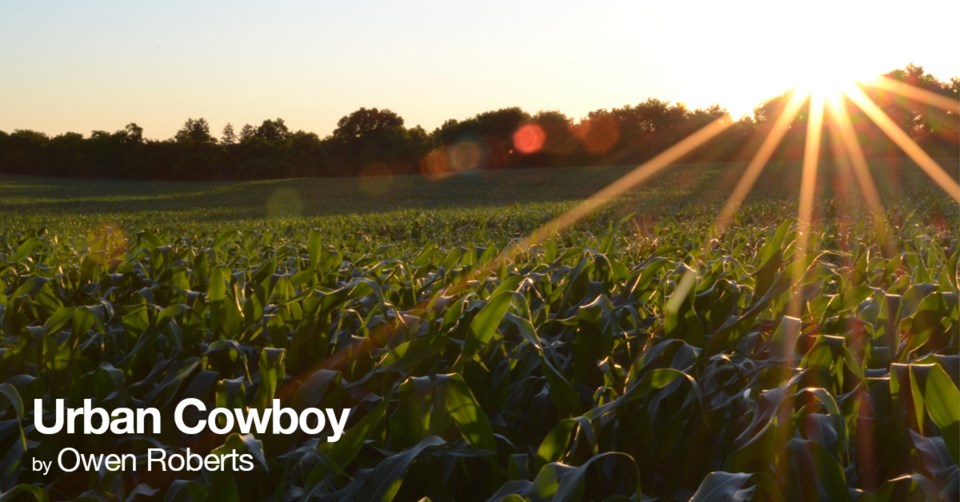On campus, coffee drinkers support all the numerous well-known coffee franchises set up there – Starbucks, Tim Horton’s and Second Cup, among them. In a grab-and-go capacity, Planet Bean is expected to join the list this fall.
But in student, staff and faculty’s zeal to get their coffee fix, they also create a lot of waste.
In fact, on average, they go through 25,000 single-use paper coffee cups every day during the busy semesters.
It’s a nagging situation that’s surfaced and re-surfaced through the years. Most recently, former sustainability director Prof. Maurice Nelischer and his team addressed it with a clever poster campaign featuring talking cups, urging people to use their reusable mugs.
Now, sustainability-minded students who are part of Feeding 9 Billion, a highly acclaimed food security initiative for students, have taken up the cause.
Over the past seven months they’ve created an advocacy initiative called Coffee Cup Waste Warriors, which urges people to cut down their use of disposable cups and opt instead for a reusable mug.
Student Marion Davies is one of the participants, one of the narrators of a video that starts with “Coffee today, landfill tomorrow.” In it, she explains the environmental implications of throwing away 25,000 single-use cups.
“We need to consider that we’re manufacturing plastic, processing wood, using huge amounts of water and fossil fuels, all to produce a single-use product that is then thrown way,” she says.
That frustration prompted she and others in the Feeding 9 Billion program to investigate the diverse reasons for people’s preference for disposable cups. From there, they created a campaign employing strategies designed to address the problem, working to shift the campus culture away from such heavy dependence on disposables.
The door is opening further now on such efforts.
This fall, a new partnership is in the works, designed to offer students a hands-on, experiential learning opportunity focussed specifically on topics of food-security, sustainability, and agriculture. If it all comes together, this partnership will combine Feeding 9 Billion, the innovative Ideas Congress (ICON) class, and the university’s first-year seminar program.
Here’s how it fits together.
ICON brings together ambitious senior undergraduate students from an array of disciplines to work on real-world challenges in teams, reporting to a community partner.
Feeding 9 Billion hosts a 24-hour event in which students work intensely in teams to develop projects to create a healthy, sustainable food system.
Fifty Guelph students are expected to participate in the Feeding 9 Billion Challenge weekend in September.
They’ll then incubate their project ideas over the course of the Fall 2016 semester in the ICON class.
Eighteen of these students will be members of a first-year seminar course called Feeding 9 Billion Ideas.
“Senior undergraduate students working alongside first-years, all coming from a wide array of disciplines, will produce a rich learning environment and creative solutions to some of today’s food and sustainability challenges,” says program director Prof. Evan Fraser.
Sustainability and waste avoidance are big challenges. In the lab and field, the University of Guelph has addressed the matter in many ways, including the creation of 100-per-cent compostable single-serve coffee pods.
Prof. Amar Mohanty, who developed the invention with his team at the university’s Bioproducts Discovery and Development Centre, says making these pods compostable could divert up to 15 billion coffee pods annually away from landfills.
And the University’s Project SOY (Soybean Opportunities for Youth) contest, now entering its 21st year, regularly sees ideas developed for environmental products made from Ontario soy.
It makes sense to harness student ingenuity to help solve problems facing us today, and those that the students themselves will have to grapple with in the future. Feeding 9 Billion, ICON, Project SOY and other student programs at Guelph help ready them for that challenge.
